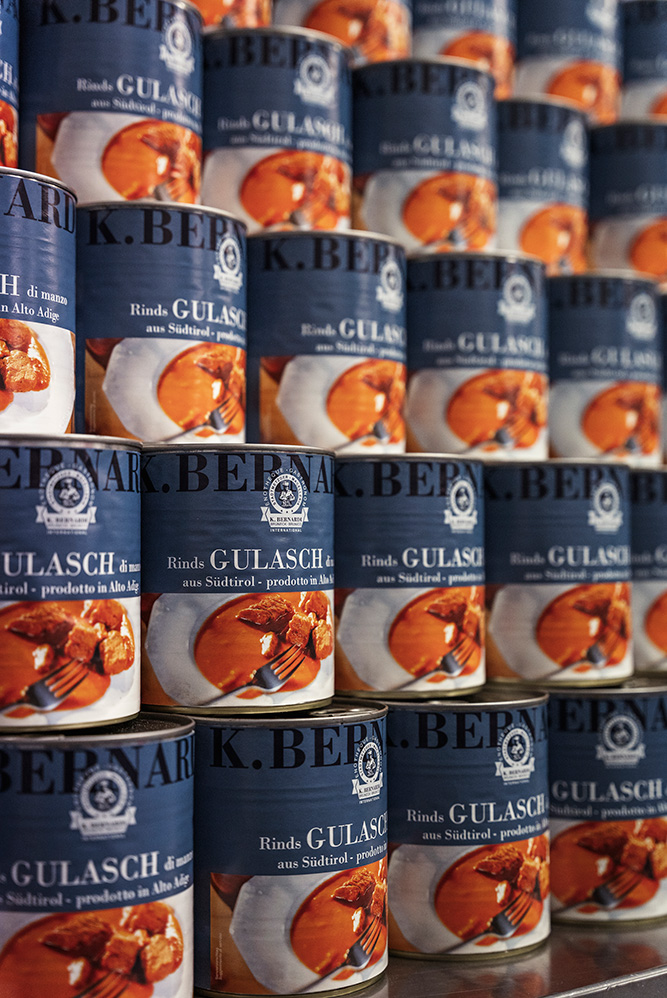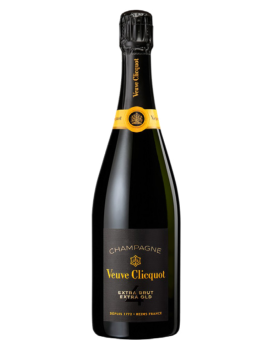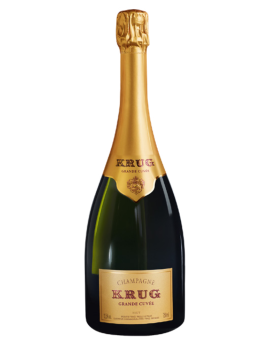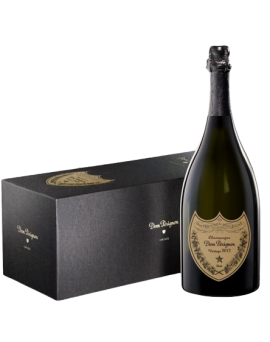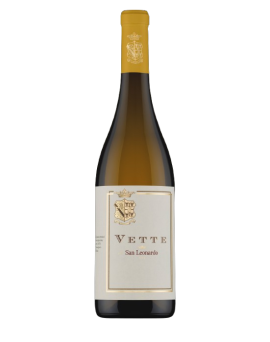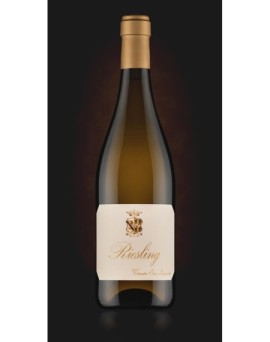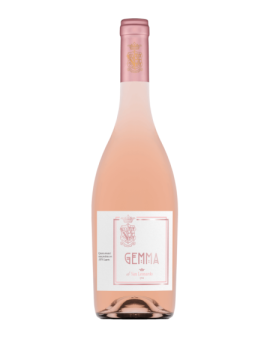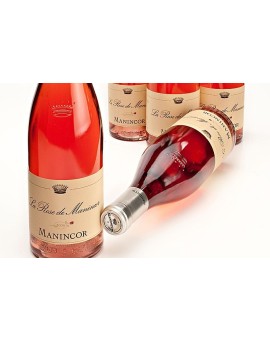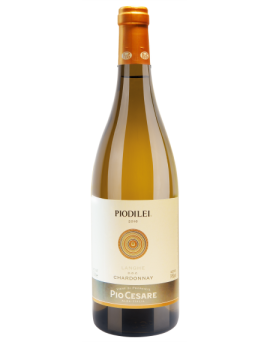The perfect harmony<br /><br />Dom Pérignon creates only Vintage Champagnes, made from the best grapes selected in a single vintage.<br />He never stops reinventing himself, to always interpret the exclusive character of each season to the best of his ability. It refuses to compromise, renouncing the creation of<br />the Millesimato when the vintage is not up to scratch.<br />After an elaboration of at least eight years, the wine achieves perfect balance, the House's finest promise. This is Dom Pérignon Vintage, the Plénitude of Harmony.<br /><br /><br />EXPLOSIVE HARMONY<br />For Dom Pérignon, the assemblage is the grand rendezvous of Champagne elaboration. It is the creative gesture that, starting in the vineyard, through a search for intuition<br />and creation, draws on contrasts and paradoxes, juxtapositions and complementarities, and thus reveals its personal truth for each vintage.<br /><br />It is a blend that invites an unexpected inner dialogue. Today, Dom Pérignon Vintage 2012 and its explosive harmony stand out.<br /><br />The unpredictability of the 2012 seasons, their authority and generosity, composed a singular olfactory landscape of extraordinary variety. An unparalleled richness and<br />diversity of fruit: in 2012, every grape variety, every region, every village, every plot of land reached the peak of its potential, giving rise to a vintage that combines all<br />polarities.<br /><br />In a blend of intensity, restrained tensions and extreme contrasts, the 2012 Dom Pérignon Vintage assemblage reveals a singular structure, vibrating to the rhythm of a<br />controlled energy, channelled by the acidic and bitter notes, which bursts and shines. An explosive harmony.<br /><br />THE NOSE<br />The nose is complete and voluble, an interweaving of flowers and fruits, followed by the union of vegetal and mineral notes. The bouquet is tactile, a discreet invitation to<br />follow the powdery trail of white flowers, edged by the sweetness of apricot and mirabella, and then arriving at the freshness of rhubarb and mint, to the minerality of ash.<br />White pepper.<br /><br />THE PALATE<br />It is energy that dominates the palate. After a pleasant opening, the wine quickly becomes vibrant and then literally explodes. The effervescence is rampant, the sensation is<br />tonic. The finish, which converges on acidic and bitter notes, narrows and becomes penetrating, leaving its mark, marked by ginger, tobacco and toasted aromas.<br />
Price
€984.00

